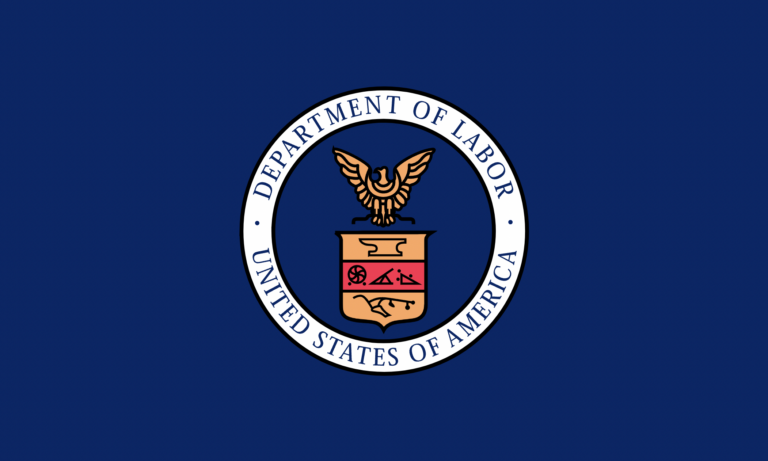
Benjamin Sachs is the Kestnbaum Professor of Labor and Industry at Harvard Law School and a leading expert in the field of labor law and labor relations. He is also faculty director of the Center for Labor and a Just Economy. Professor Sachs teaches courses in labor law, employment law, and law and social change, and his writing focuses on union organizing and unions in American politics. Prior to joining the Harvard faculty in 2008, Professor Sachs was the Joseph Goldstein Fellow at Yale Law School. From 2002-2006, he served as Assistant General Counsel of the Service Employees International Union (SEIU) in Washington, D.C. Professor Sachs graduated from Yale Law School in 1998, and served as a judicial law clerk to the Honorable Stephen Reinhardt of the United States Court of Appeals for the Ninth Circuit. His writing has appeared in the Harvard Law Review, the Yale Law Journal, the Columbia Law Review, the New York Times and elsewhere. Professor Sachs received the Yale Law School teaching award in 2007 and in 2013 received the Sacks-Freund Award for Teaching Excellence at Harvard Law School. He can be reached at [email protected].
The Department of Labor announced today that it has withdrawn two memos (so-called Administrator’s Interpretations, or AIs) issued by David Weil’s Wage and Hour Division in 2015 and 2106. The first AI concerned the definition of employment under the Fair Labor Standards Act and helpfully clarified existing law regarding the distinction between employees and independent contractors. The second AI dealt with the related question of how to determine joint employment relationships under the Fair Labor Standards Act and the Migrant and Seasonal Worker Protection Act. We analyzed (and lauded) the first AI here and the second one here. The DOL appears to have removed the AI’s from their website; they’ll remain available here and here.
Two points. First, the AIs interpret existing law – they don’t make new law – and so the DOL’s action today doesn’t formally change anything. Second, removing the Weil memos does, however, signal the direction that this Department of Labor intends to head. For one thing, it indicates that Acosta’s DOL may refuse to interpret broadly the definitions of employment and joint employment under statutes that are meant to be read broadly. For another thing, it indicates a backtracking on the Department’s efforts to provide compliance assistance in two critical, and complicated, areas of employment law.










Daily News & Commentary
Start your day with our roundup of the latest labor developments. See all
February 17
San Francisco teachers’ strike ends; EEOC releases new guidance on telework; NFL must litigate discrimination and retaliation claims.
February 16
BLS releases jobs data; ILO hosts conference on child labor.
February 15
The Office of Personnel Management directs federal agencies to terminate their collective bargaining agreements, and Indian farmworkers engage in a one-day strike to protest a trade deal with the United States.
February 13
Sex workers in Nevada fight to become the nation’s first to unionize; industry groups push NLRB to establish a more business-friendly test for independent contractor status; and UFCW launches an anti-AI price setting in grocery store campaign.
February 12
Teamsters sue UPS over buyout program; flight attendants and pilots call for leadership change at American Airlines; and Argentina considers major labor reforms despite forceful opposition.
February 11
Hollywood begins negotiations for a new labor agreement with writers and actors; the EEOC launches an investigation into Nike’s DEI programs and potential discrimination against white workers; and Mayor Mamdani circulates a memo regarding the city’s Economic Development Corporation.